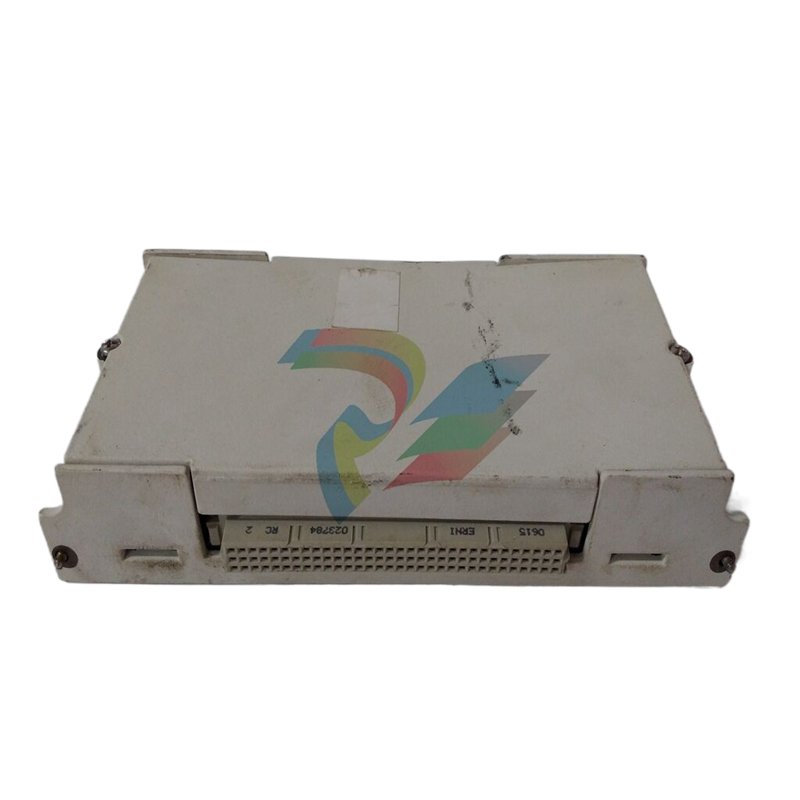Control?Wave Bristol?Babcock?Control?Wave?Micro?396609-02-3

Exploring the Control?Wave Bristol?Babcock?Control?Wave?Micro?396609-02-3 Industrial Module
In today’s rapidly evolving industrial landscape, automation engineering solutions demand reliable components that deliver consistent performance. Among these critical industrial module components, the Control?Wave Bristol?Babcock?Control?Wave?Micro?396609-02-3 stands out as a versatile solution for various applications.
Technical Specifications
Engineers and technicians frequently seek detailed Control?Wave Bristol?Babcock?Control?Wave?Micro?396609-02-3 specifications when designing or maintaining industrial systems. Below, we break down the key parameters that make this module an excellent choice for automation projects.
- Model Number: 396609-02-3
- Input Voltage: 24V DC ±10%
- Operating Temperature: -40°C to +70°C
- Communication Protocol: Modbus RTU/TCP
- Analog Inputs: 8 channels (16-bit resolution)
- Digital I/O: 16 configurable points
- Processor Speed: 32-bit RISC at 200 MHz
- Memory Capacity: 64MB Flash, 32MB RAM
- Enclosure Rating: IP65 (dust-tight and protected against water jets)
- Certifications: UL, CE, ATEX Zone 2
Key Features and Benefits
Transitioning from traditional control systems to modern automation engineering solutions requires components that offer both reliability and flexibility. The Control?Wave Micro module delivers several advantages:
- Compact Design: Saves valuable panel space while maintaining full functionality
- Robust Construction: Withstands harsh industrial environments
- Scalable Architecture: Easily integrates with existing systems
- Advanced Diagnostics: Provides real-time monitoring capabilities
- Energy Efficient: Consumes minimal power without compromising performance
Application Scenarios
Furthermore, this industrial module component finds applications across multiple sectors. From manufacturing plants to utility systems, the Control?Wave Bristol?Babcock?Control?Wave?Micro?396609-02-3 consistently demonstrates its value.
In process control applications, for instance, the module’s high-resolution analog inputs ensure precise measurement and control. Similarly, its rugged design makes it ideal for outdoor installations where environmental factors might compromise less robust components.
Integration Considerations
When implementing automation engineering solutions, professionals must consider several factors. The Control?Wave Micro module simplifies integration through standardized communication protocols and comprehensive documentation.
Moreover, the module’s configuration software provides intuitive tools for parameter setting and system monitoring. This feature significantly reduces commissioning time while ensuring optimal performance from the outset.
In conclusion, the Control?Wave Bristol?Babcock?Control?Wave?Micro?396609-02-3 represents a sophisticated solution for modern industrial automation challenges. Its combination of robust specifications, flexible application possibilities, and reliable performance makes it a preferred choice among automation professionals worldwide.









